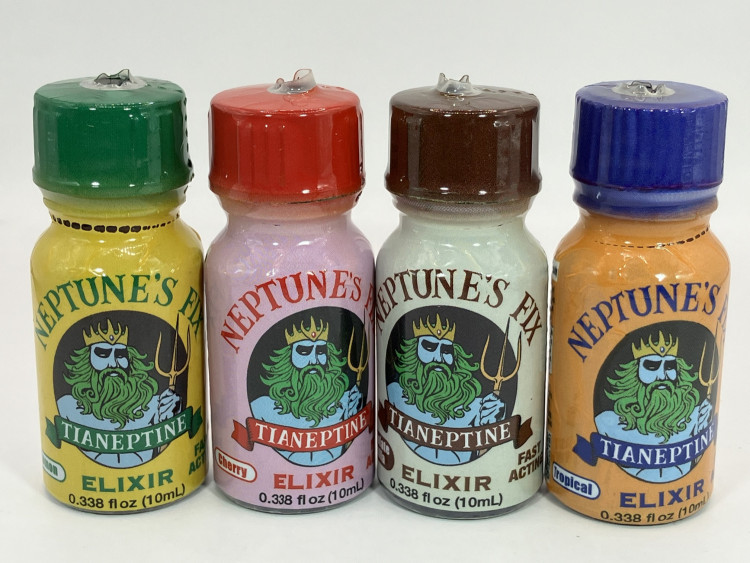The U.S. Food and Drug Administration issued a national warning Thursday about the serious health risks posed by tianeptine, an unapproved drug widely sold in gas stations and online under the guise of dietary supplements. Often referred to as "gas station heroin," tianeptine has been linked to severe adverse reactions, addiction, and at least four fatal overdoses in the U.S., despite not being approved for any use by the FDA.
FDA Commissioner Dr. Martin A. Makary urged public health officials and the public to take immediate notice. "I am very concerned. I want the public to be especially aware of this dangerous product and the serious and continuing risk it poses to America's youth," Makary wrote in an open letter. "It is critical that you appreciate the magnitude of the underlying danger of these products, and disseminate information about it."
Tianeptine is approved in some Latin American, Asian, and European countries as an antidepressant but has never been authorized in the United States. Despite this, it has gained popularity domestically as a "research chemical," "nootropic," or over-the-counter mood enhancer. Common brand names include Tianaa, Zaza, Neptune's Fix, Pegasus, and TD Red.
According to the FDA, tianeptine induces euphoria but carries a high risk of dependency. Side effects include seizures, agitation, confusion, sweating, nausea, vomiting, coma, and death. Case studies document U.S. consumers ingesting daily doses as high as 10,000 mg-up to 250 times the typical foreign therapeutic dose.
Poison control data underscores the growing crisis. Between June and November 2023, the CDC documented 20 emergency calls involving tianeptine from New Jersey alone. Seventeen patients, aged 28 to 69, exhibited altered mental states, rapid heart rates, and, in several cases, cardiac arrest. Thirteen were admitted to intensive care units, and seven required mechanical ventilation. Many had mixed tianeptine with other substances, including opioids, benzodiazepines, or kratom, amplifying the risk.
The FDA reiterated that products containing tianeptine are not legal dietary supplements. Under federal law, supplements must have been marketed in the U.S. before 1994 to qualify for exemption-criteria tianeptine fails to meet. The agency first issued a safety alert against Neptune's Fix in 2023 following reports of seizures and hospitalizations, and ordered a nationwide recall of the brand's products in 2024.
"Let's be proactive in understanding and addressing the use of tianeptine products, which are available even to our nation's youth," Makary said. The FDA also warned that withdrawal from tianeptine may mimic opioid-like symptoms, including muscle pain, chills, diarrhea, and intense cravings.






